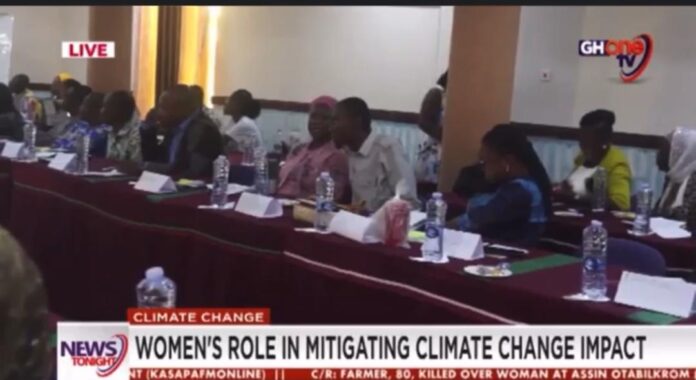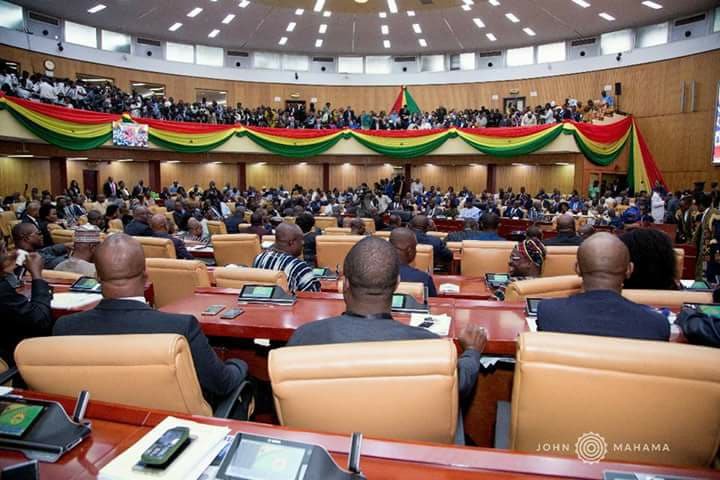
As part of highlighting women’s role in mitigating climate change impact, the Strengthening Investment in Gender Responds Climate Change Adaption SIGRA project has been launched and is rolling out in the Ashanti region.
SIGRA is a 5-year project to improve the resilience of Ghanaians, particularly women and girls on the issue of climate adaptation initiatives and is being funded by Global Affairs, Canada to ensure increased investment and also provide technical assistance to various agencies and organizations geared towards gender inclusivity on the issue of climate adaptation initiatives at all national and sub-national levels of the country.
The program rolling out in beneficiary communities in Northern Ghana, CSOs and MMDAs are to ensure that all vulnerable groups are appropriately engaged.
The program is expected to reduce climate impact in all communities by strengthening local systems and strengthening the resilience of the project implementation, according to country advisor Madam Elham Mumuni.
The impacts of climate change have been felt in all aspects of human livelihood activities in some communities in northern Ghana.
According to experts, women and children are the most vulnerable groups in society. These vulnerable societies will need civil actions and awareness campaigns to mitigate the impact.
At the day’s stakeholder workshop in Tamale, the Gender and CSOs Advisor of the SIGRA project in Ghana, Elham Mumuni, noted that the project aims to improve the resilience of all affected vulnerable groups in the beneficiary regions, including persons with disabilities.
She said “for policy makers, climate change has a differential impact on men and women. So, in developing policies, at the sub-national level, in planning and budgeting, we should be able to consider the differential needs of climate impact on men and women so that no one is left behind. We also have people living with disability, so all these groups of people will be considered in the implementation of the SIGRA project.”
The Northern Regional Budget Analyst, Mahamud Haruna, acknowledged that women are the worst affected when it comes to climate change and called for affirmative action.
He intimated “Due to the heat temperatures, the water bodies have dried up and water itself is a challenge, particularly in the tamale metropolis and women are the worst affected. When you see those going around looking for water, women are the majority because they need this water for their domestic chores. Affirmative action has to be taken to ensure that we more or less bring them apar.”VO
Some CSO participants who spoke with our Northern Regional Correspondent, Noah Nash in Tamale, revealed that they will continue to engage both sexes in their activities to enhance their key role in the mitigation of challenges in the beneficiary communities. Cowater is the lead implementer of the SIGRA Project.
The SIGAR project is also in partnership with the Women in Law and Development in Africa – (WiLDAF) Ghana, a national-level Women’s Rights Network is executing the “Regional CSO workshops to review MTDPs, budget, and reporting cycle” sub-activity under Activity 1321.1: Training and mentoring of women-led CSOs on MDA and MMDA budget and reporting cycle and government engagement.




